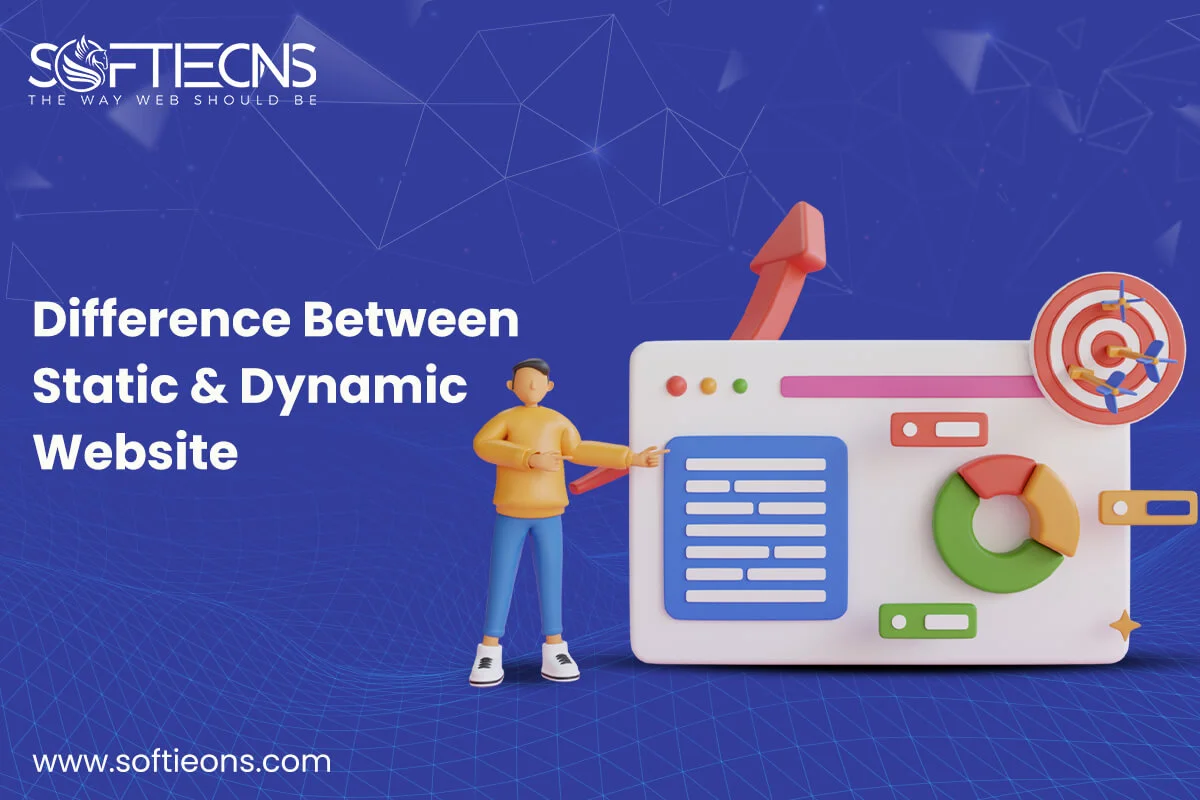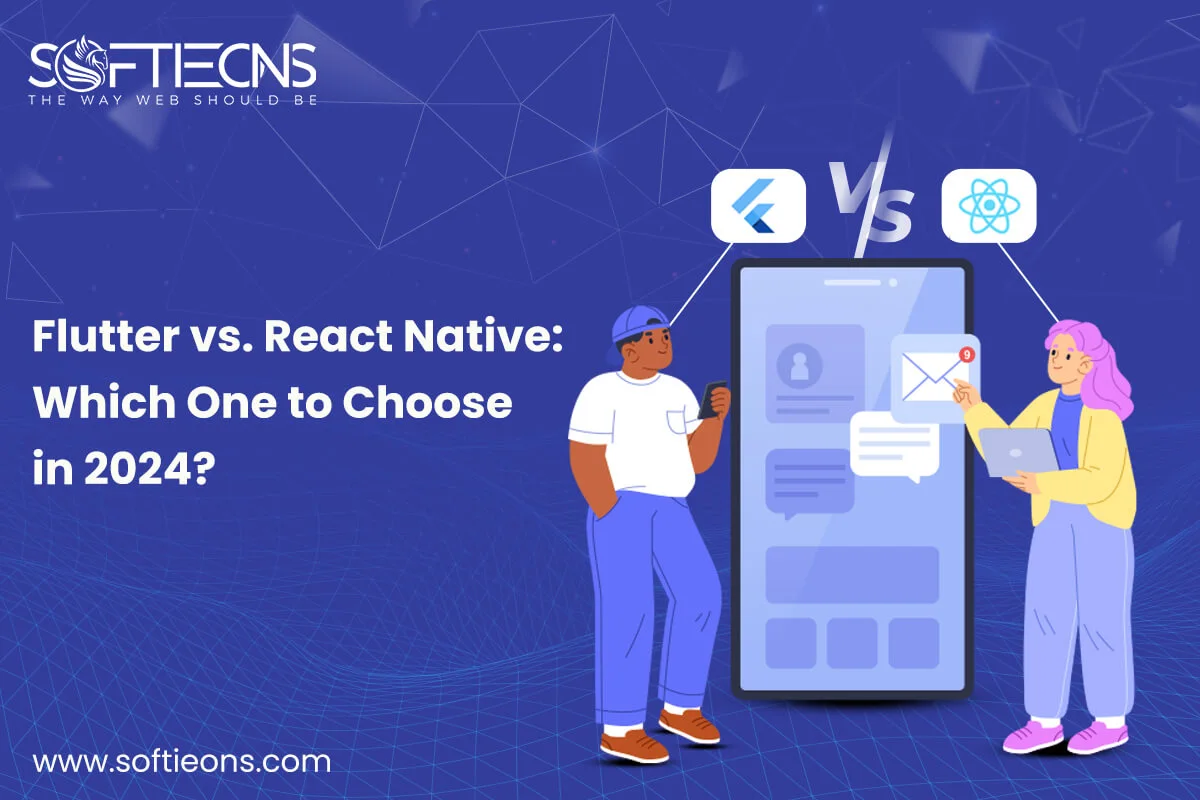How HTML 5 Will Take Mobile App Development to the Next Level
Wed, 14 Apr 2021
HTML5 is a programming markup language used primarily to organize and display content on web applications and desktop browsers. HTML5 is most commonly used to create the same app on various platforms and operating systems but this technique has its collection of advantages and challenges.
Developing apps can turn out to be a daunting task for different platforms. Indeed, keeping up with programming technologies like C #, Visual Studio, Objective C, Swift, Xcode; Java, Android APIs, and Eclipse is a very difficult task undoubtedly.
You can take advantage of cross-platform device language – development of HTML5 in this scenario. This approach helps you to concentrate on things that matter, such as creating great user experience and designing the right software. If your code is written using HTML 5, the best thing is that your software runs on new devices as and when they are launched into the market.
Rise of HTML5 Mobile App Development
HTML5 provides a wide variety of new technologies such as advanced video and audio sharing tools, and convergence. HTML5 enables the development of applications that can easily adjust to various resolutions, screen sizes of computers, aspect ratios, and guidelines. With HTML5 various advanced and reliable features such as camera, GPS, and accelerometer can be used in modern devices. The main emphasis is to have a personalized user interface and context centered on a wide range of devices like smartphones and tablet computers.
Advantages of HTML5 Mobile App Development
- Easy Learning Curve
- Quicker Time to Market
- Less maintenance of apps
- Offline Browsing
- Remotely updated
- Cost-effective
- Cleaner code
- Ease of use
- Cross-platform
Disadvantages of HTML5
- Slow performance
- Relatively less storage
- Several device-specific features that result in second-rate UI can not be accessed from browsers.
- Developers operate on languages intended for specific platforms that are not native. It could reduce the overall coding performance depending on the translation engine.
Final Words
Undoubtedly, HTML5 offers more versatility for top software developers to create innovative and engaging websites and more robust and effective applications. Nevertheless, knowing the business priorities, technological limitations and organizational requirements are crucial to narrowing down the best implementation strategy for the project. HTML5 is not an all-end situation but an efficient way to offer consistent user experience across devices and platforms.
POPULAR POSTS
Shopify vs. WordPress: Which one is best for e-commerce?
Wed, 07 Apr 2021Role of IoT in the Real Estate Industry
Wed, 14 Apr 2021Why UX And UI Is Important For Mobile Application Development
Sat, 01 May 2021Telemedicine's Advantages in Nursing Homes
Fri, 24 Dec 2021RECENT POSTS
Difference Between Static Website And Dynamic Website
Wed, 24 Apr 2024Flutter vs. React Native: Which One to Choose in 2024?
Mon, 22 Apr 2024Exploring the Benefits of Professional Website Design Companies
Fri, 29 Mar 2024Understanding The Role Of Web Design Firms
Fri, 22 Mar 2024









